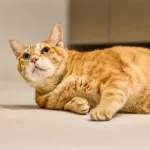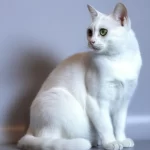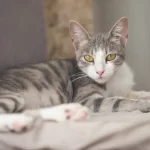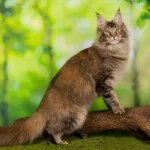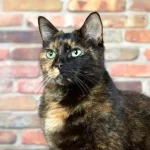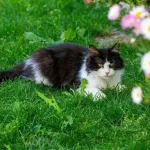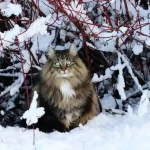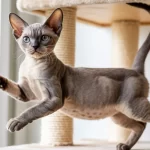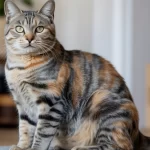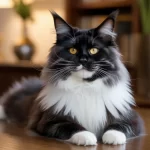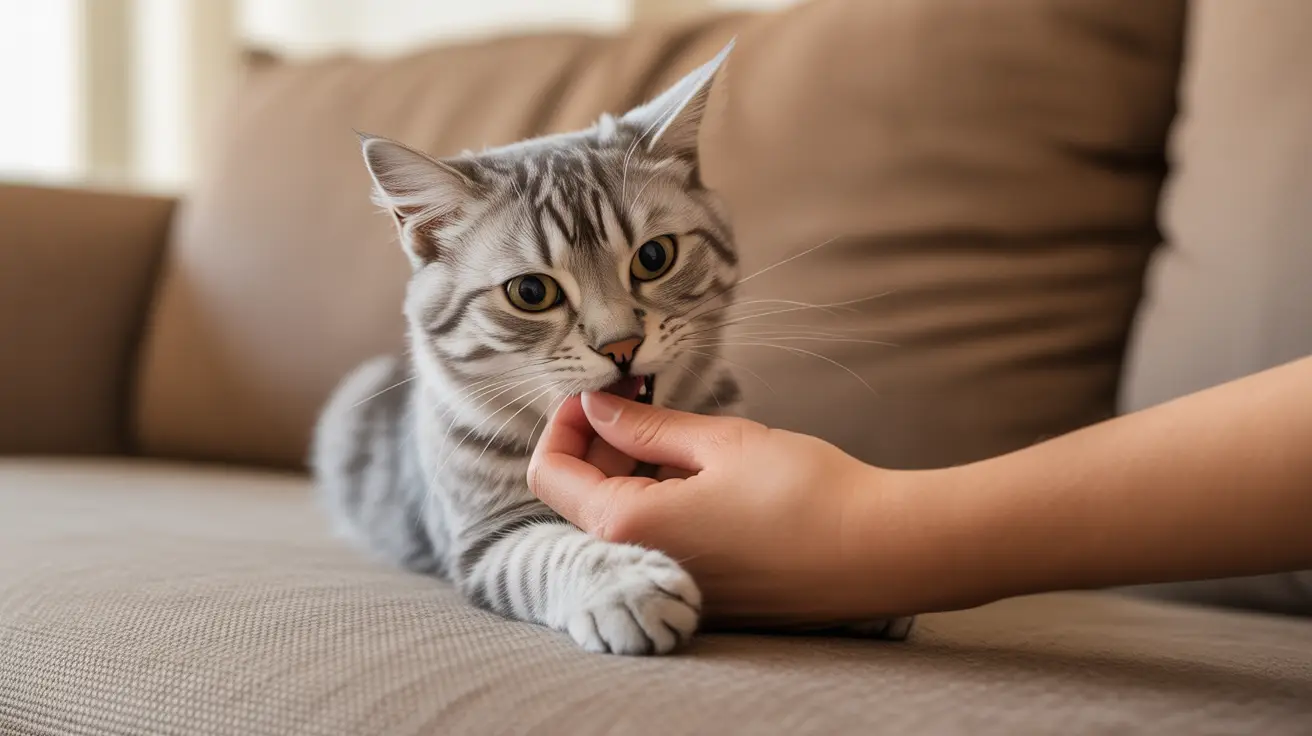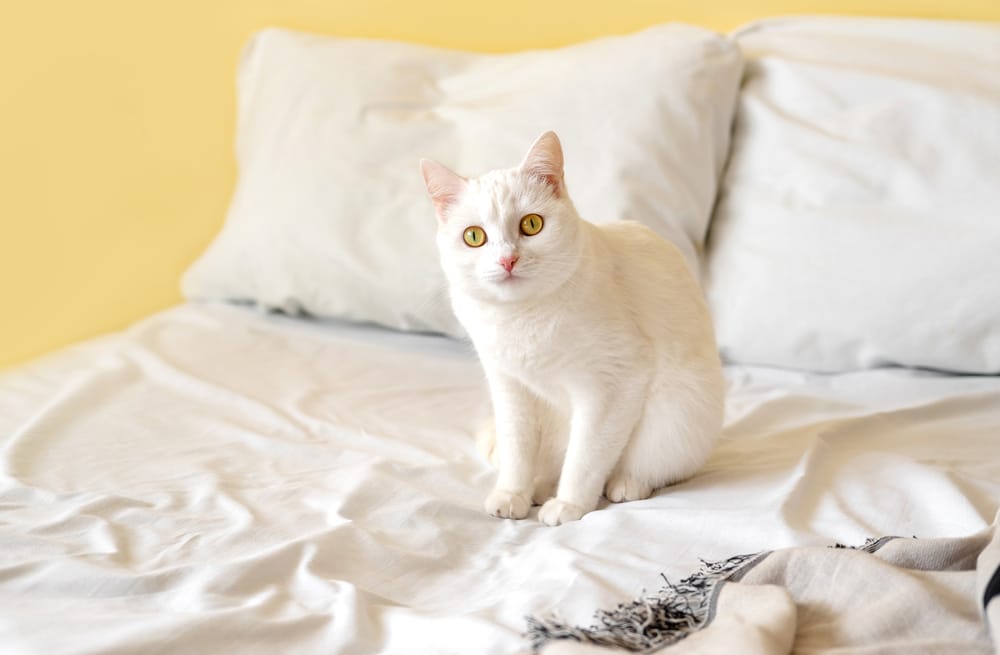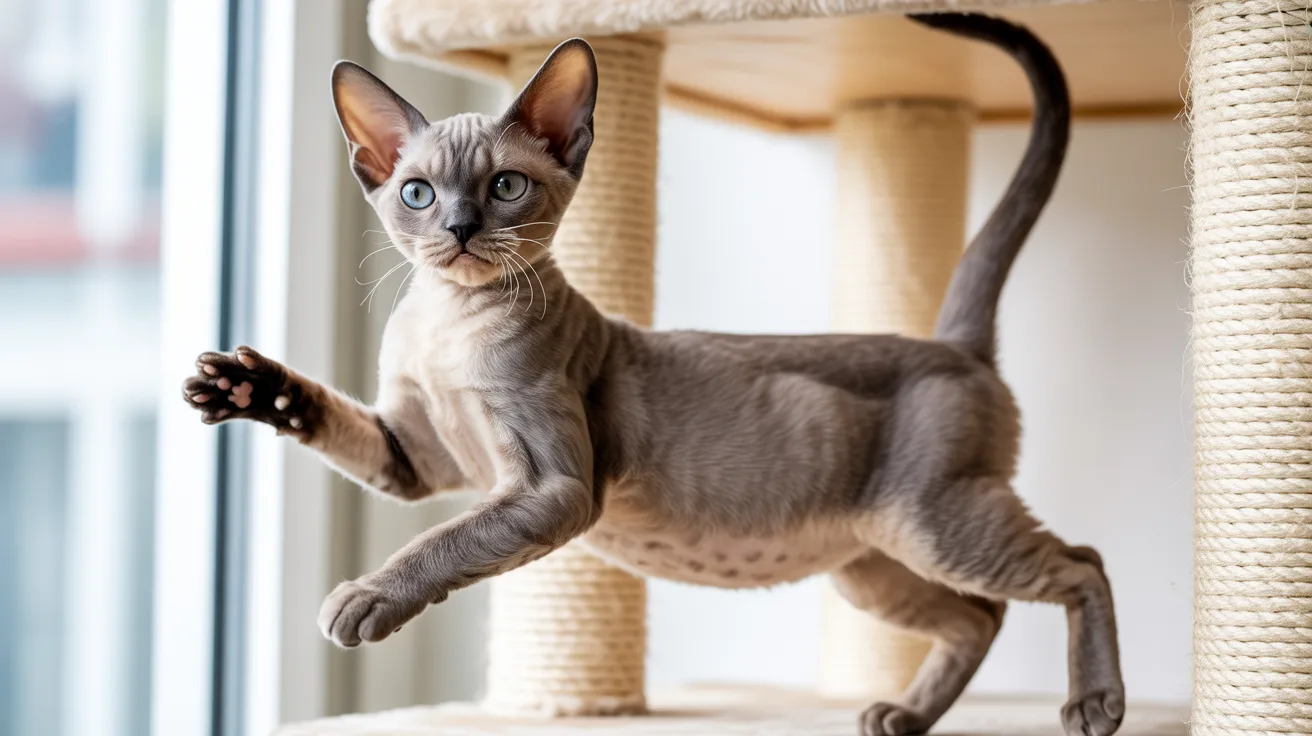The Persian Cat is a long-haired beauty known for its calm demeanor, expressive eyes, and luxurious coat. As one of the most cherished breeds in the world, it thrives in quiet homes where routine and affection are part of daily life. In this guide, we’ll explore everything you need to know—from grooming and health care to personality traits and lifespan. Whether you’re curious about facial variations, considering a shorthair alternative, or comparing them to the more vocal Siamese, this overview will help you decide if the Persian is the right feline for you.
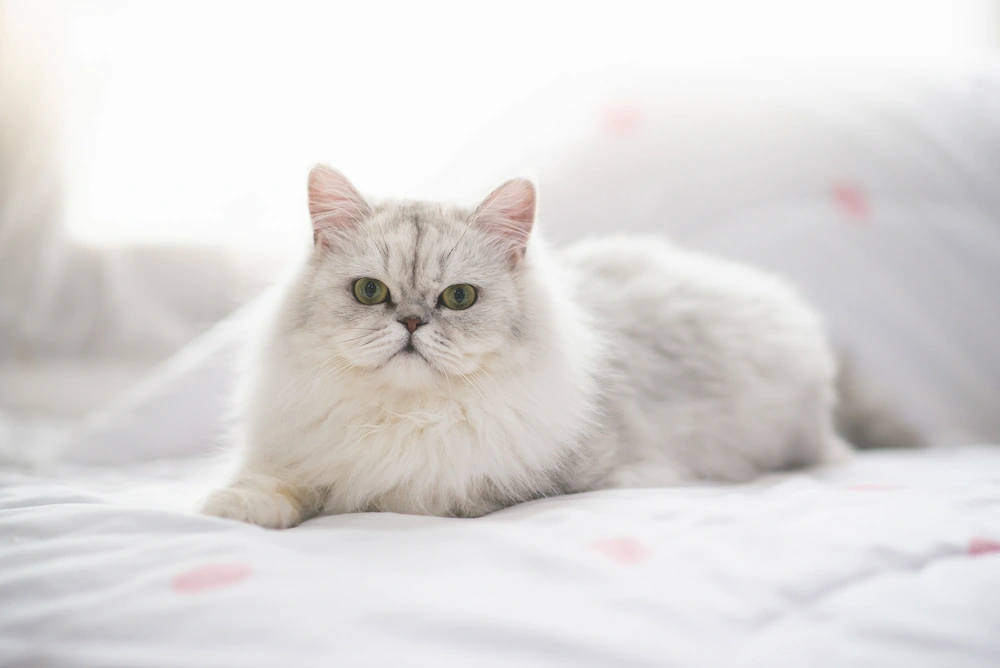
Content
Quick Breed Overview
- Weight: 7–13 lb
- Body Type: Rounded face, compact frame, short nose
- Coat: Long, thick, and silky
- Color Options: Persian Cat Black, Persian Cat White, and many more
- Grooming Needs: High—requires daily brushing and regular eye care
- Origin: Persia (modern-day Iran)
- Lifespan: 12–17 years
Is a Persian Cat Right for You?
Persian Cats are known for their luxurious coats and calm personalities. Ideal for those who prefer a low-energy, affectionate companion, this breed thrives in peaceful households. If you enjoy quiet evenings with a furry friend nearby, a Persian may be the perfect choice.
They aren’t as vocal or attention-seeking as the Siamese Cat, making them excellent pets for apartment dwellers, older adults, or families with a relaxed lifestyle. Persian Cats tend to be loyal and enjoy human company but are rarely demanding.
While they may form strong bonds, Persians usually choose a favorite person in the home and stick close by—quietly observing the world like royalty.
Types Of Persian Cat Faces
Not all Persian Cats look the same—there are several distinct face types within the breed:
- Peke-Faced Persian: Known for their flat, short noses and extreme features. These cats often have more health concerns, particularly respiratory issues.
- Doll-Faced Persian: This variation has a softer, more natural facial structure, with fewer health complications.
- Traditional Persian: Even milder in appearance, this face type offers a more balanced mix of looks and comfort, making them ideal for families.
Each version maintains the classic Persian personality—gentle, quiet, and loving.
Persian Cat Lifespan and Common Health Issues
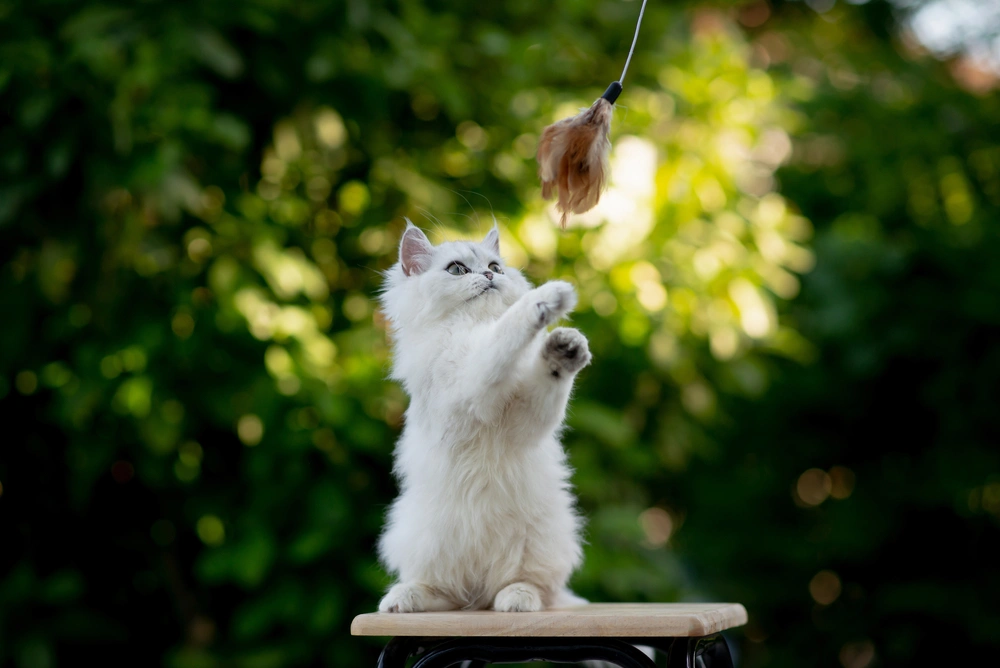
The average Persian Cat Lifespan ranges from 12 to 17 years with proper care. However, their physical traits can make them prone to certain health conditions.
| Health Condition | Average Treatment Cost | Potential High-End Cost |
|---|---|---|
| Breathing Difficulties | $350 | $1,200+ |
| Eye Infections | $250 | $800 |
| Polycystic Kidney Disease | $600 | $2,000+ |
| Skin Allergies & Conditions | $200 | $1,000 |
| Dental Issues | $300 | $1,100 |
Regular veterinary checkups, a nutritious diet, and proper grooming are essential for helping your Persian stay healthy throughout their life.
Coat Colors and Grooming Essentials
Persian Cats are famous for their beautiful, flowing coats available in nearly every color imaginable. Some standout types include:
- Persian Cat Black: Deep and glossy, often paired with bold golden eyes.
- Persian Cat White: A classic favorite—stunning, angelic, and photogenic.
- Additional colors: Cream, Blue, Red, Tabby, Bicolor, and more.
Grooming Needs
Daily grooming is crucial. Their thick coat tangles easily and can lead to skin issues if neglected.
Grooming Tips:
- Brush every day with a high-quality slicker brush or comb
- Clean eyes daily to manage tear stains and irritation
- Bathe monthly using cat-safe shampoo
Commitment to grooming will not only keep your Persian looking great but also feeling comfortable.
Persian Cat Shorthair: A Simpler Alternative
For those who adore the Persian’s personality but find the grooming overwhelming, the Persian Cat Shorthair—also called the Exotic Shorthair—is a fantastic alternative.
These cats offer all the same loving traits but with a plush, short coat that requires far less maintenance. They’re playful, affectionate, and better suited for busier households.
Disadvantages Of Persian Cats
Despite their beauty and charm, Disadvantages Of Persian Cats do exist. Here’s what to keep in mind:
- High Maintenance Grooming: Requires daily care to avoid matting and skin problems.
- Health Sensitivities: Breathing difficulties, eye discharge, and genetic conditions are common.
- Low Activity Level: Not ideal for active households or those looking for playful cats.
- Higher Upkeep Costs: From vet visits to grooming tools, the expenses add up.
Understanding these potential drawbacks helps ensure that you’re making the right choice for your home and lifestyle.
Fascinating Persian Cat Facts
- The Persian Cat has been admired for centuries and was first introduced to Europe in the 1600s.
- Queen Victoria adored this breed, further elevating its royal reputation.
- Persian Cats consistently rank among the most popular breeds in the United States.
- These cats dislike sudden changes and thrive in predictable environments.
Persian Cat vs. Siamese Cat
If you’re comparing breeds, the Siamese Cat and the Persian Cat couldn’t be more different.
- Siamese Cat: Energetic, talkative, attention-seeking
- Persian Cat: Calm, quiet, and content with minimal interaction
While the Siamese keeps you on your toes, the Persian is a peaceful companion—ideal for relaxed homes.
Final Thoughts
The Persian Cat is a symbol of elegance and serenity. With their affectionate nature and graceful appearance, they make incredible indoor pets. However, their beauty comes with a price—daily grooming, health monitoring, and long-term commitment.
If you’re ready to invest the time and care, you’ll gain a loving companion who brings calm and comfort into your life.
Learn how the majestic Maine Coon Cat compares in size, temperament, and grooming needs to other popular breeds.
FAQs
Is Persian cat expensive?
Yes, Persian cats can be quite expensive due to their pedigree, grooming needs, and medical care.
Is Garfield a Persian cat?
Garfield resembles an Exotic Shorthair, a type of Persian cat with a short coat and flat face.
What’s so special about Persian cats?
Their calm temperament, luxurious coat, and affectionate nature make them uniquely charming companions.
Are Persian cats grumpy?
They may look grumpy due to their flat faces, but they’re actually gentle and sweet-natured.

Join Felipe Clark on a heartwarming journey through the world of pet adoption. He’s a true advocate for shelter animals, sharing stories that tug at the heartstrings and inspire adoption.

